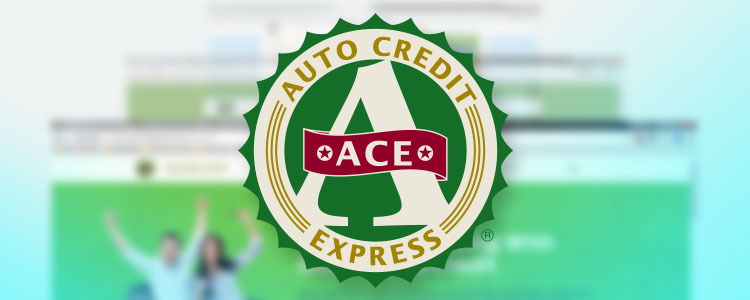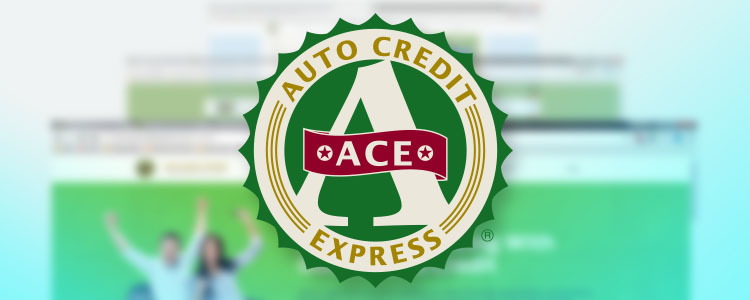Even the most independent jobs still require workers to pay taxes on all their income. If they don’t, it could spell trouble when doing things like getting a car loan – especially when there’s bad credit involved.
The Importance of Reporting Tips
Typically, people whose tips make up most of their income – such as waiters and waitresses – only get paid a partial wage for tax purposes. The Federal Fair Labor Standards Act minimum hourly wage for these workers is $2.13, though some states require businesses to pay something higher. Other workers, such as exotic dancers and hairdressers, don’t always earn a minimum wage, so reporting their tip income is even more important.
Dancers and hairdressers are seen as independent workers. Both essentially have their own business license, and pay rent to use space in a salon or a club. Without a daily tally of tips and income reported to the IRS each year on a 1040 tax form, there's no way for one of these people to prove their income to a lender.
More Reasons to Report Your Income
It’s important that tip workers report all their earnings and pay taxes on it for several reasons:
- To qualify for a loan, subprime lenders require potential borrowers to prove a certain minimum income, usually $1,500 to $2,000 a month, pre-tax. For waitstaff that don’t report tips, assuming a 40-hour work week, this means a computer-generated check stub only has the potential to prove a gross of $369 a month (based on $2.13 per hour). Even if the employer reports $200 a week of tip income from credit cards, this only grosses a potential borrower $1,235 – still hundreds short of the typical minimum requirement.
- Another factor lenders use to determine if a borrower can take on loan payments is a debt-to-income (DTI) ratio. This is the percent of your income used for monthly bills. Lenders want you to comfortably afford your car payments, so they cap DTI – including car and insurance payments – at 50 percent of your income. So, even if a tip worker reports enough of their income, it could throw off their potential for lender approval if they’re not reporting their tips.
- Perhaps the biggest reason to report your tip income is the possibility of legal action. Any tip income of over $30 a month is required by law to be reported to the IRS. If you don’t do this and are audited, you could be charged with tax fraud and heavily penalized.
Options for Unreported Wages
If you’re a person who works for tips, and have decided to leave your wages unreported, there may still be options for financing the vehicle you need. If you’re struggling with credit issues, however, you’re typically left with only one option: a buy here pay here (BHPH) dealer.
A BHPH dealer, also called an in-house finance dealership, doesn’t rely on credit scores or outside lenders to get you financed. What they do rely on is income. All these dealers need to know is that you’ve got a steady enough income to make your payments, which may be required in cash on a weekly or bi-weekly basis. When you’re making a living without check stubs, the best way to prove income is with a year’s worth of bank statements showing regular deposits.
Be aware that BHPH dealers typically deal in older model used cars and that you’ll be paying a high interest rate. Also, payments even one day late may result in repossession depending on the terms.
Finding Financing
Once you’ve done your research, reported your income, and are ready to find the vehicle that’s right for you, make sure you find a dealer who has the right resources to work with your situation. If that situation is bad credit, you’ll need a special finance dealer who has subprime lenders.
Here at Auto Credit Express, we work with a nationwide network of these dealerships. Let us point the way toward a local dealer whose lenders want to get you financed. Simply fill out our online auto loan request form to get started right now.
















